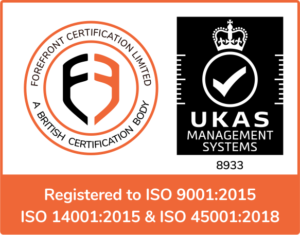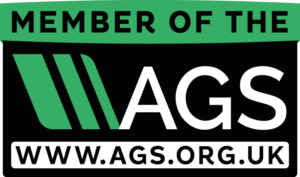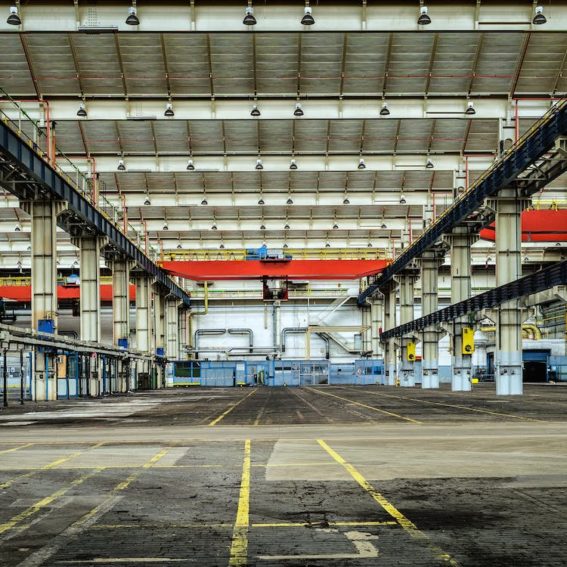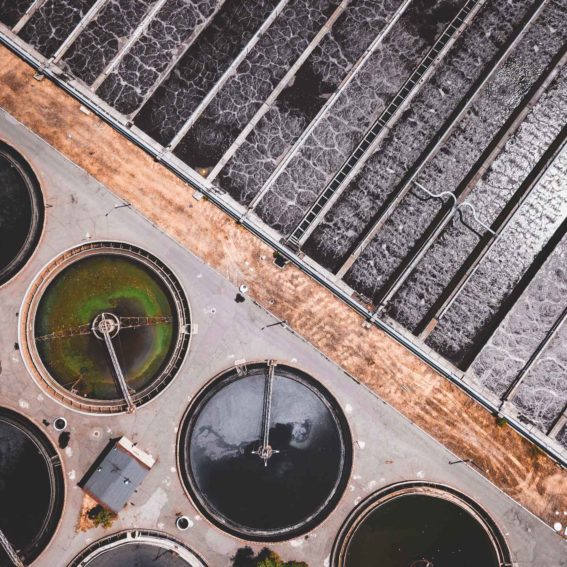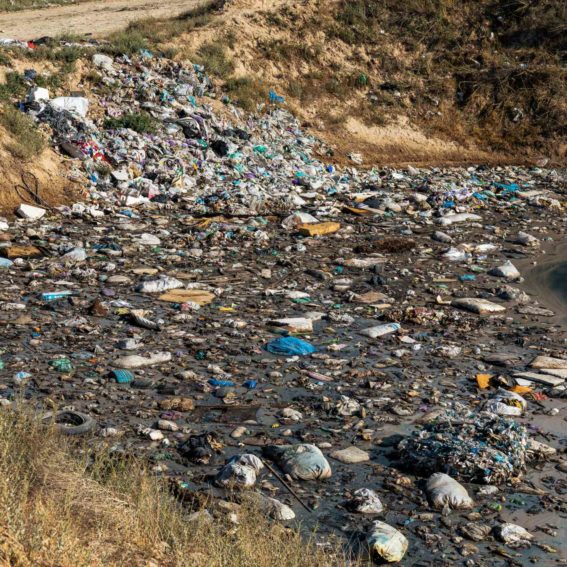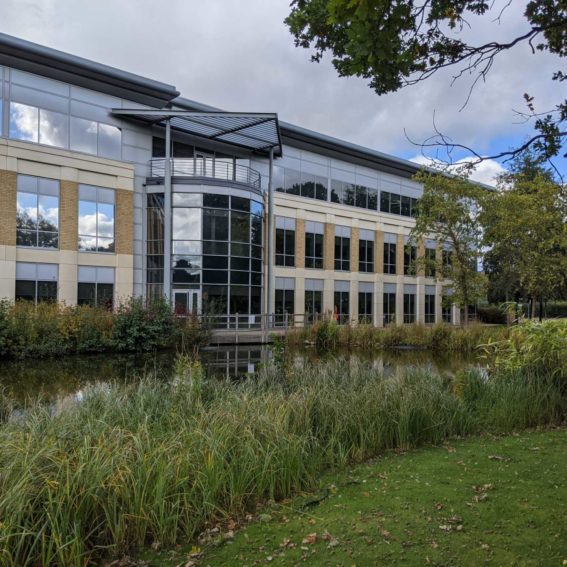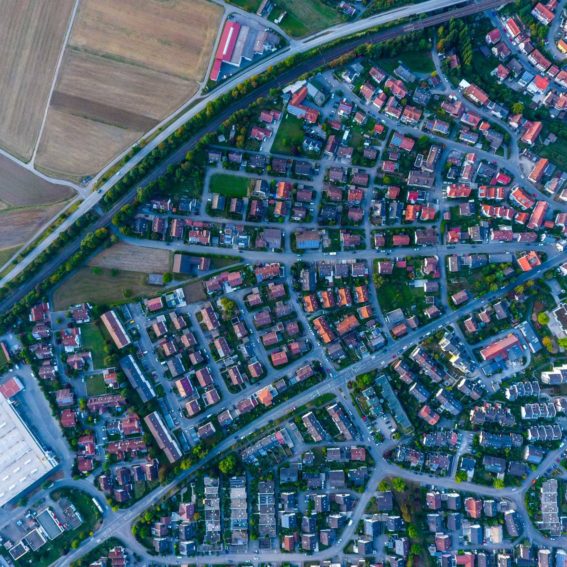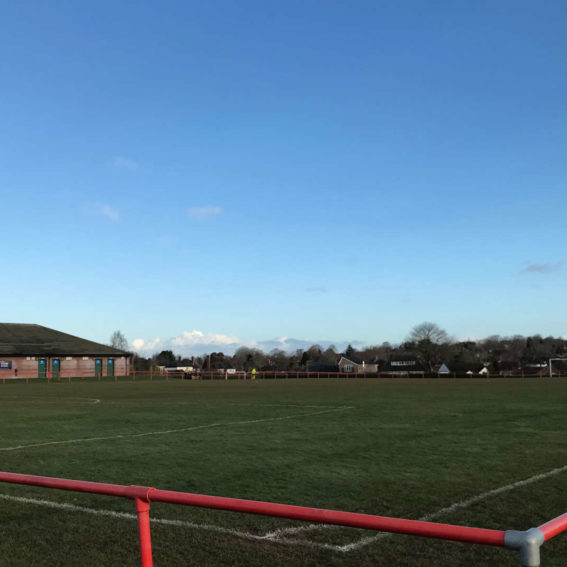
Contact Us
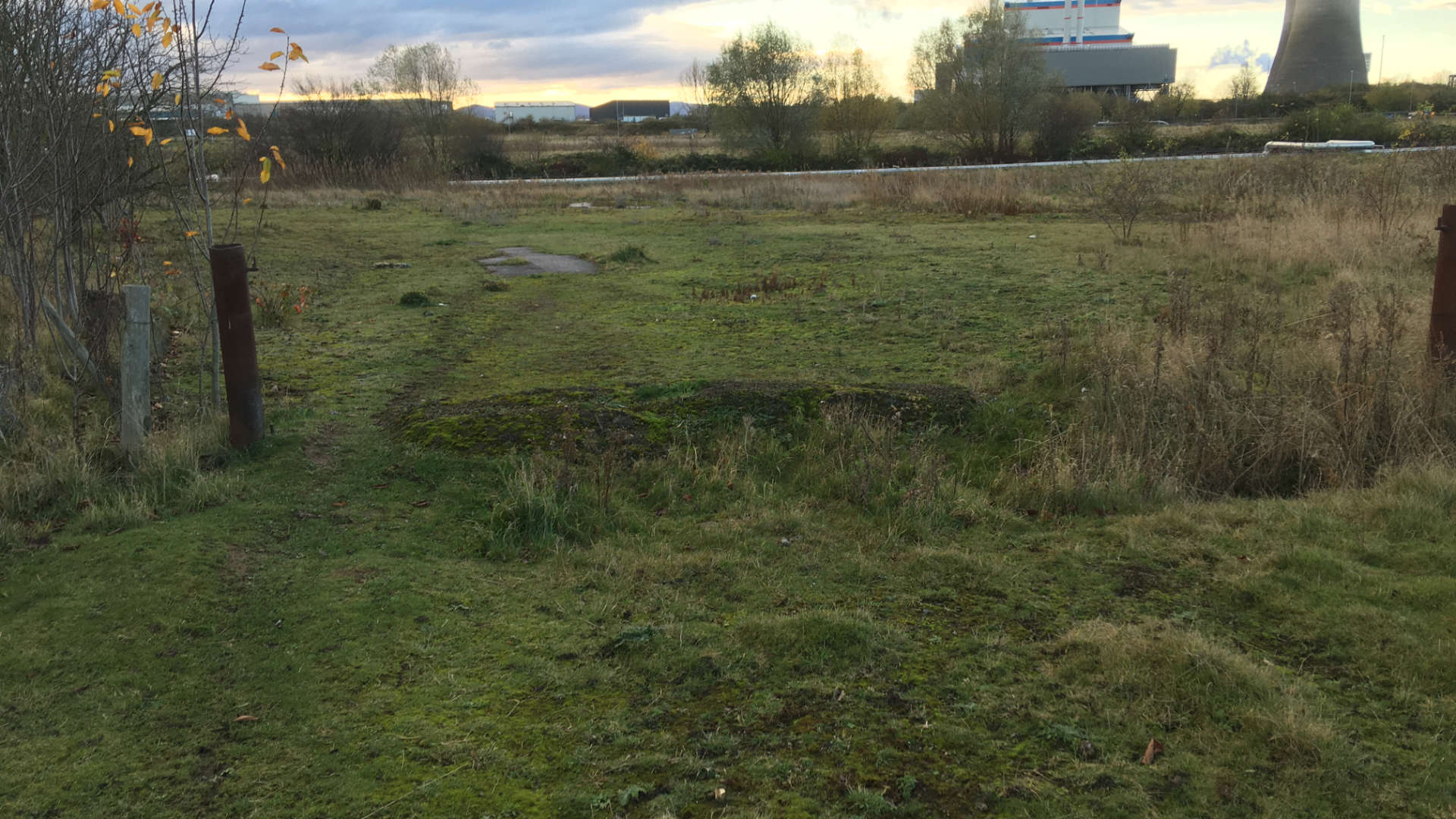
Contaminated Land Investigations
We routinely undertake ground investigations to support the feasibility, design and planning of developments in the residential, commercial and industrial sectors. We undertake Ground Investigations to support due diligence assessments of sites, inform Site Condition Reports for Environmental Permitting requirements and following contamination incidents as part of insurance and remedial requirements.
Soiltechnics has a high level of skill and expertise in the land contamination sector. With a strong track record in supporting our clients to ensure the safe, sustainable and cost-effective progression of their sites.
We follow a tiered approach for our investigations within the planning regime with the scope and necessity of each stage being informed by the findings from the one before it.
Tier 1: Preliminary Risk Assessment
Frequently, this is referred to as a ‘Phase 1 Report’, or ‘desk study’, and is often accompanied by a site walkover to assess the current site condition. At this stage, we review a range of records from regulatory, historical, private and open-source databases. This enables us to provide an in-depth assessment of the potential for contamination at the site. We will conclude the report with recommendations on further work, if applicable.
A Tier 1 Assessment may be all the client requires to inform feasibility and land valuation assessments.
Tier 2: Generic quantitative risk assessment (GQRA)
Also referred to as a ‘Phase 2 Report’.
We conduct an intrusive phase of works if the Tier 1 assessment highlights potential contaminated land risks and liabilities. This allows us to gain a greater understanding of the ground conditions and levels of contaminants within the site.
We determine the scope of Tier 2 investigation following the Tier 1 assessment. This can include in-situ testing and laboratory analysis of soils and groundwater, alongside gas and groundwater monitoring.
We compare the findings of the investigation against ‘generic’ criteria to help inform the risk assessment and conceptual site model. Following this, our consultants review all available site data to make a comprehensive assessment of the site condition. This enables us to provide bespoke conclusions and recommendations for your site.
Where potentially unacceptable risks still remain, our recommendations may include remediation of the site to mitigate against the risk. This is an additional targeted phase of intrusive works, or progression to the next tier of assessment (DQRA).
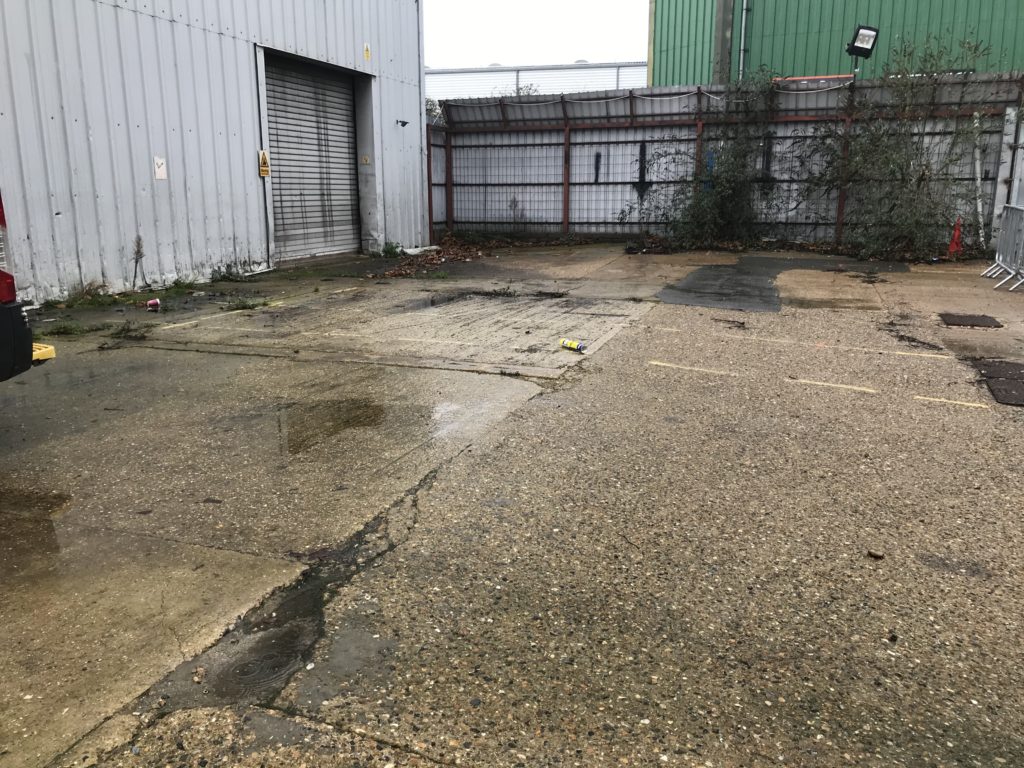
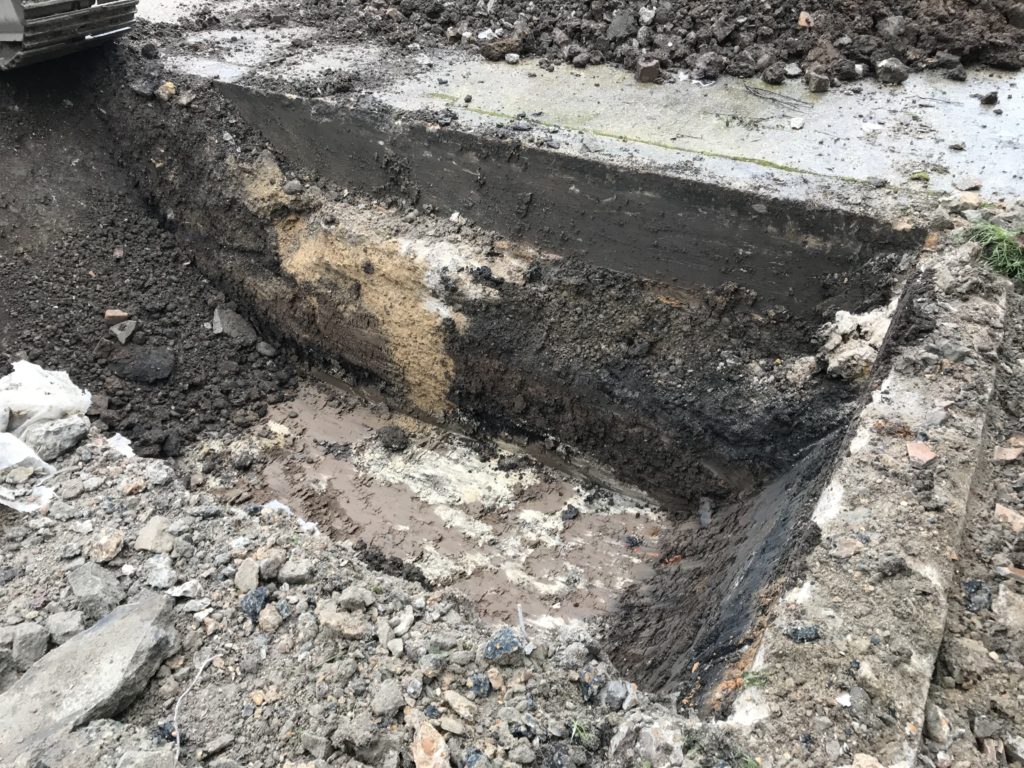
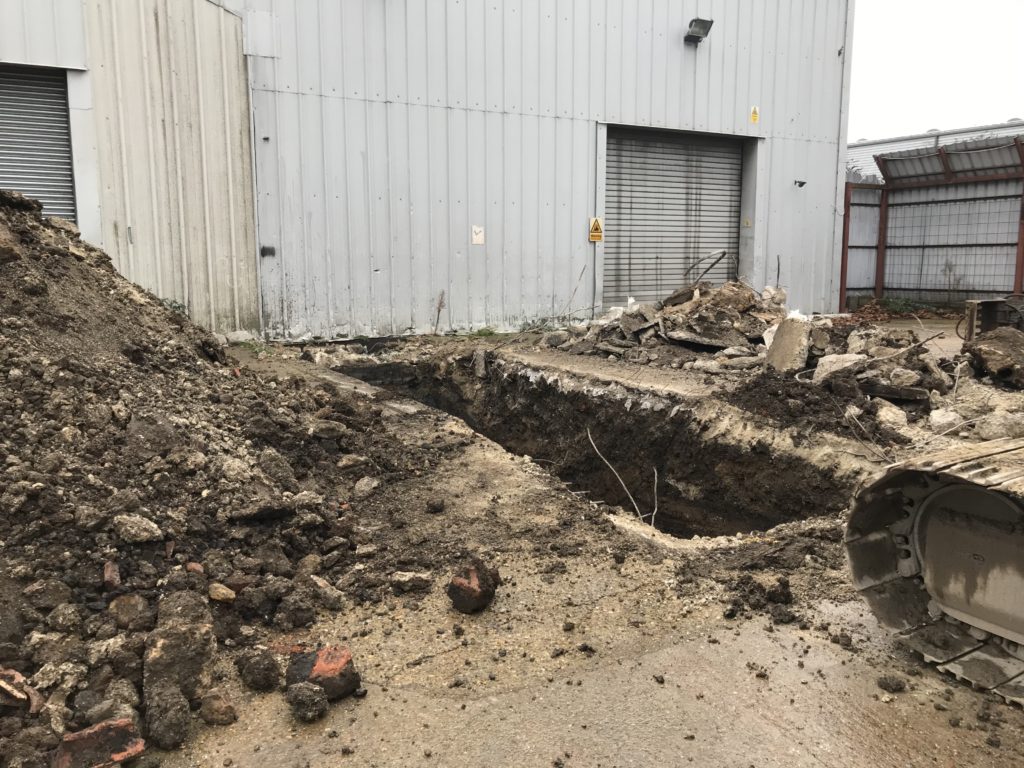
Tier 3: Detailed quantitative risk assessment (DQRA)
A DQRA is a complex, site-specific and specialised assessment.
We recommend a DQRA where the GQRA indicates remediation of the site is likely and further investigation is necessary, or where the cost of remediation may be prohibitive and further works could potentially de-risk the site, or reduce remedial requirements.
A DQRA is a specialist and detailed report written by experts in the field. The assessment utilises complex site-specific modelling to inform the risk assessments. They are typically undertaken where the additional cost of the investigation is offset by the substantial cost-saving of a more sustainable and targeted remedial strategy.
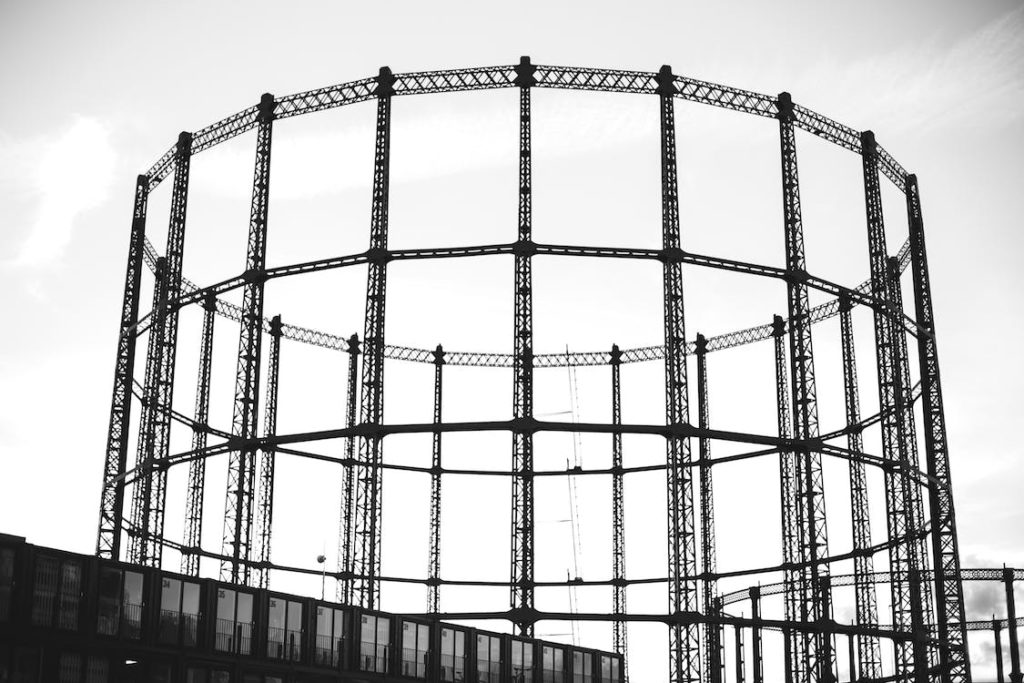
What Our Clients Say
"Soiltechnics have provided a range of soil reports, ground investigation surveys, remediation strategies and verification reports for parks and open space improvement projects in Southwark. They have also provided clear and concise expert advise on ground/soil related issues which have occurred during construction phase. Soiltechnics are a valued, reliable consultant we will continue to approach for similar schemes"
Matthew Hill, Project Manager – Southwark Council
"I thoroughly recommend the expertise of Mark and the team – trustworthy and valuable advice in a quick timeframe for my project.”
A. Prior – Landowner
“With years of experience working alongside Soiltechnics on various projects, including site investigations, remediation strategy development, MMP development, and on-site supervision, I've consistently found their team to be professional, responsive, and committed to achieving project goals while upholding high environmental standards. I highly recommend Soiltechnics for any geotechnical or environmental needs.”
John Dillnut – Untye Group
